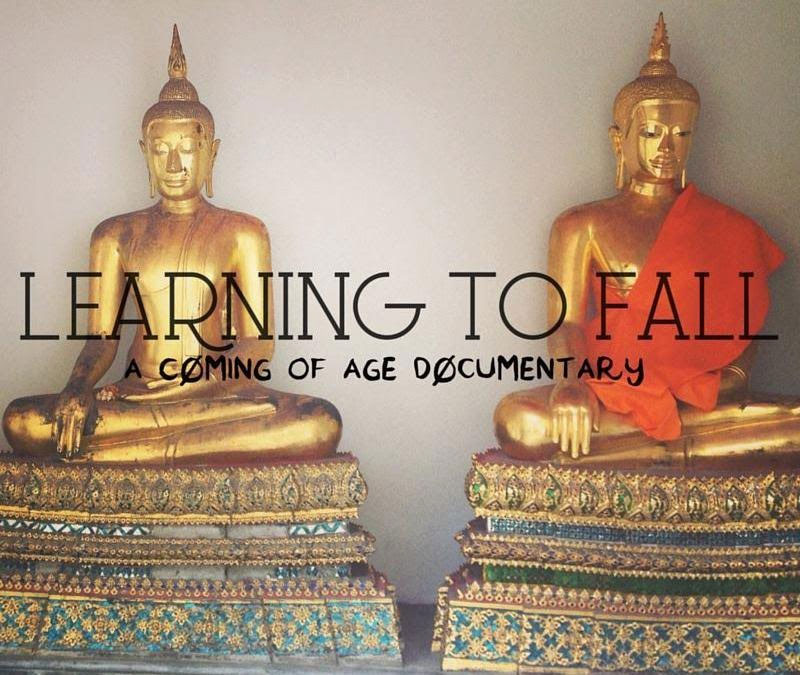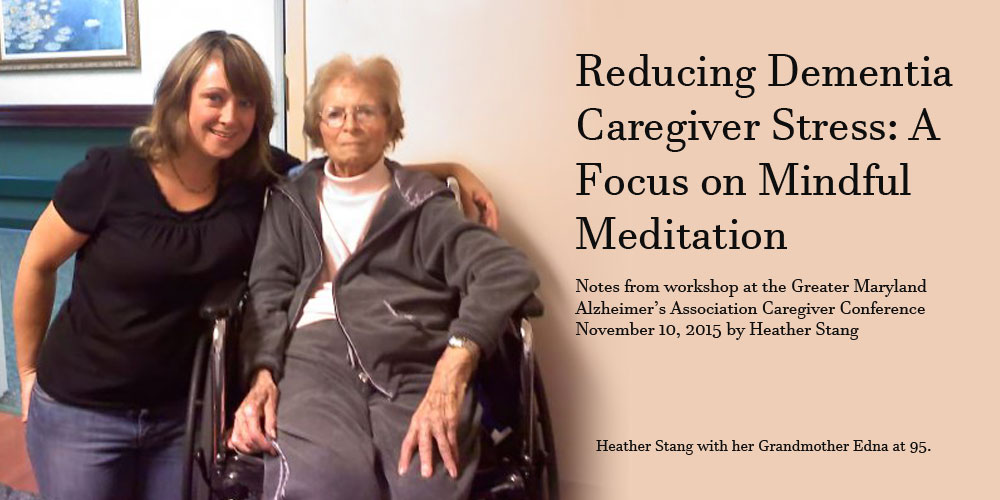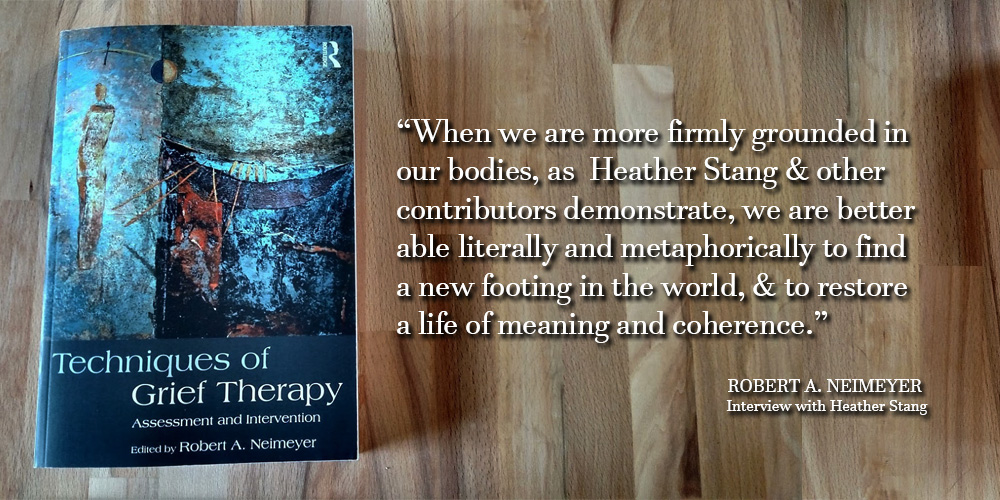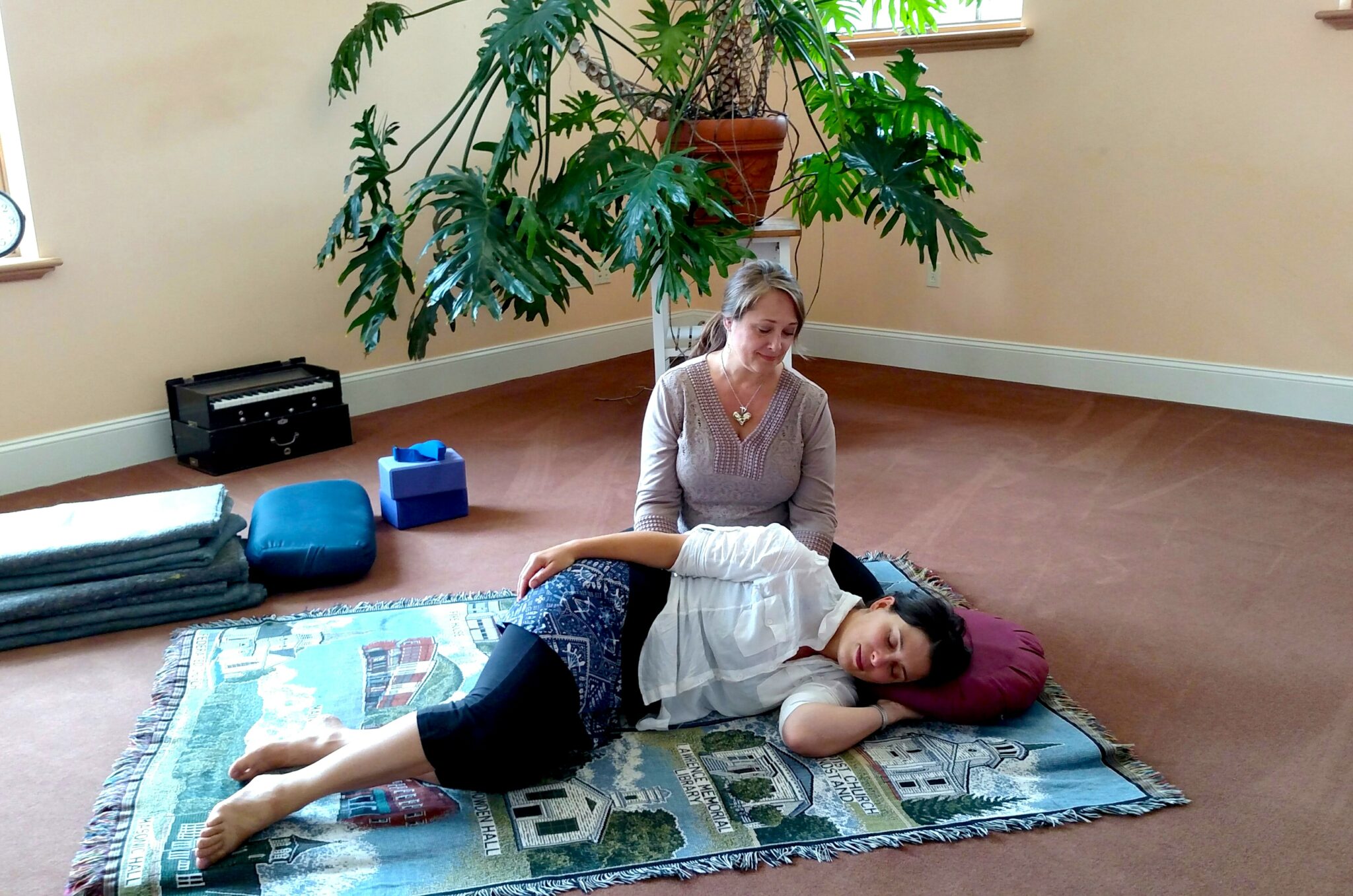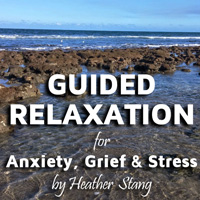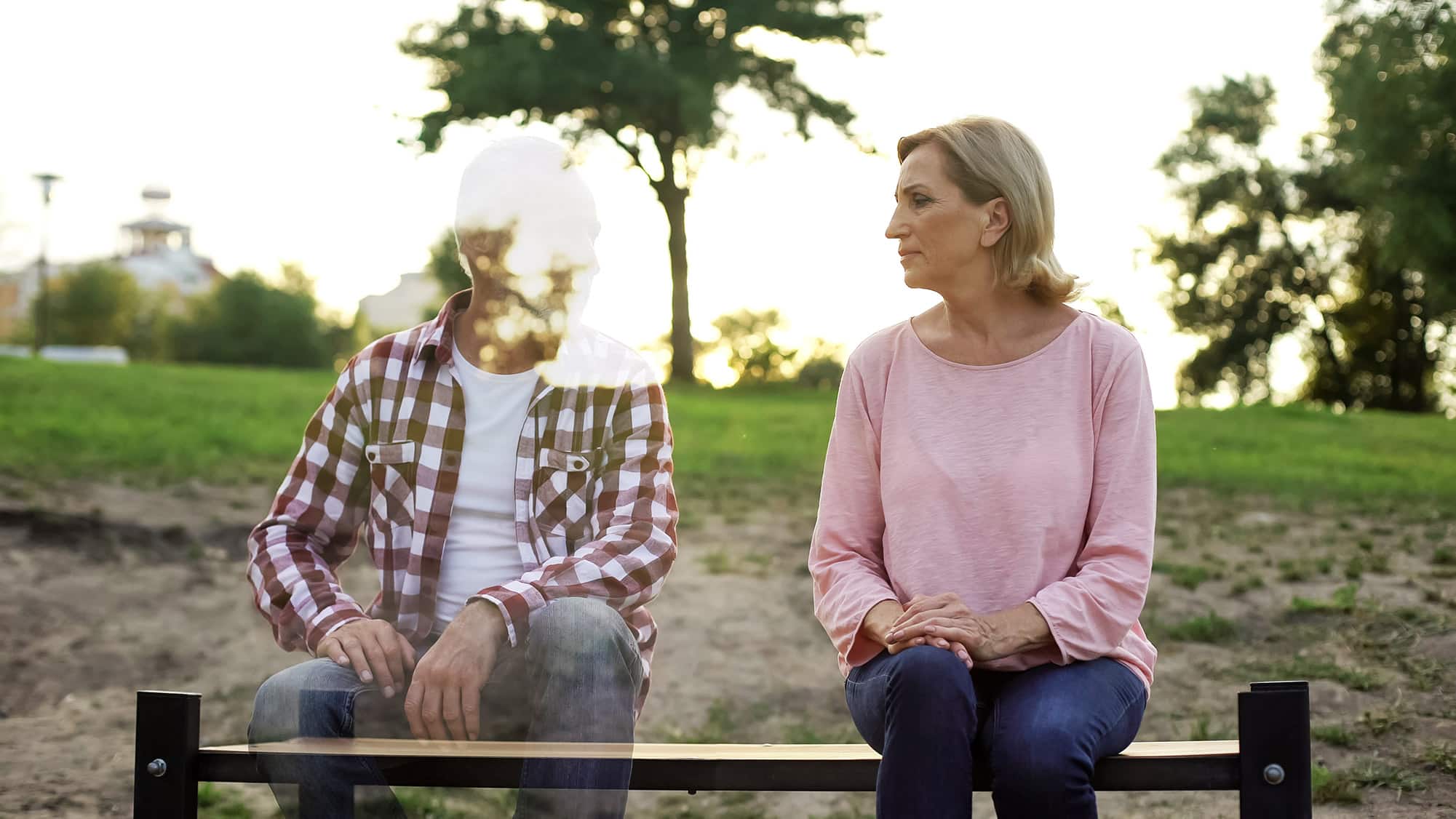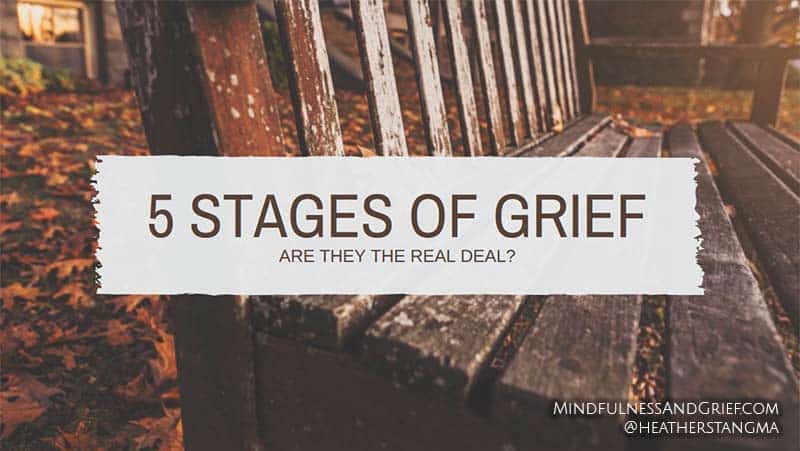When you were a child, did anyone ask you “what do you want to be when you grow up?” If so, what did you answer? Most of us had grand visions for our future—we did not set limits on what we could accomplish. Our imagination was free to roam wild, unburdened by what Mike Dooley
Learning to Fall is a coming of age documentary exploring loss, vulnerability, & growth during young adulthood produced by Niccole Osborn. This is her story. You can contribute to the Learning to Fall project to help make this movie a reality, and share the story of love, loss & posttraumatic growth with others who will
Your grief journal will help you speak your truth without judgement, untangle confusing thoughts, honor your loved one, and explore your continuing narrative in your life after loss. Additionally, you can use a grief journal to continue your conversation with your loved one after their death. After all, the relationship you have never goes away—the
Techniques of Grief Therapy: Assessment and Intervention, edited by Dr. Robert A. Neimeyer, launched on October 16, 2015 and is already a best seller. A follow up to his first volume, Techniques of Grief Therapy: Creative Practices for Counseling the Bereaved, this new release features the contributions of dozens of grief professionals selected by Dr. Neimeyer,
Techniques of Grief Therapy: Assessment and Intervention, edited by Dr. Robert A. Neimeyer, launched on October 16, 2015 and is already a best seller. A follow up to his first volume, Techniques of Grief Therapy: Creative Practices for Counseling the Bereaved, this new release features the contributions of dozens of grief professionals selected by Dr. Neimeyer,
During this 30 minute practice, I will guide you through a breathing exercise and then a progressive muscle relaxation practice. Next you will focus on a neutral or calming word or phrase. Finally, you imagine “seeing” a healing image of yourself, and if possible imagine feeling your body completely whole and well.
The death of a loved one shatters the assumptive world, leaving little ground to stand on, and it is human nature to seek answers and meaning. Many people search for a timeline – “how long before the pain stops?” Many others want to know what to expect – “what are the stages of grief?” After all, it would be nice to have an easy-to-follow process after the rug has been pulled out from under us. Let’s take a look at the 5 Stages of Grief – where they came from and what went wrong.


